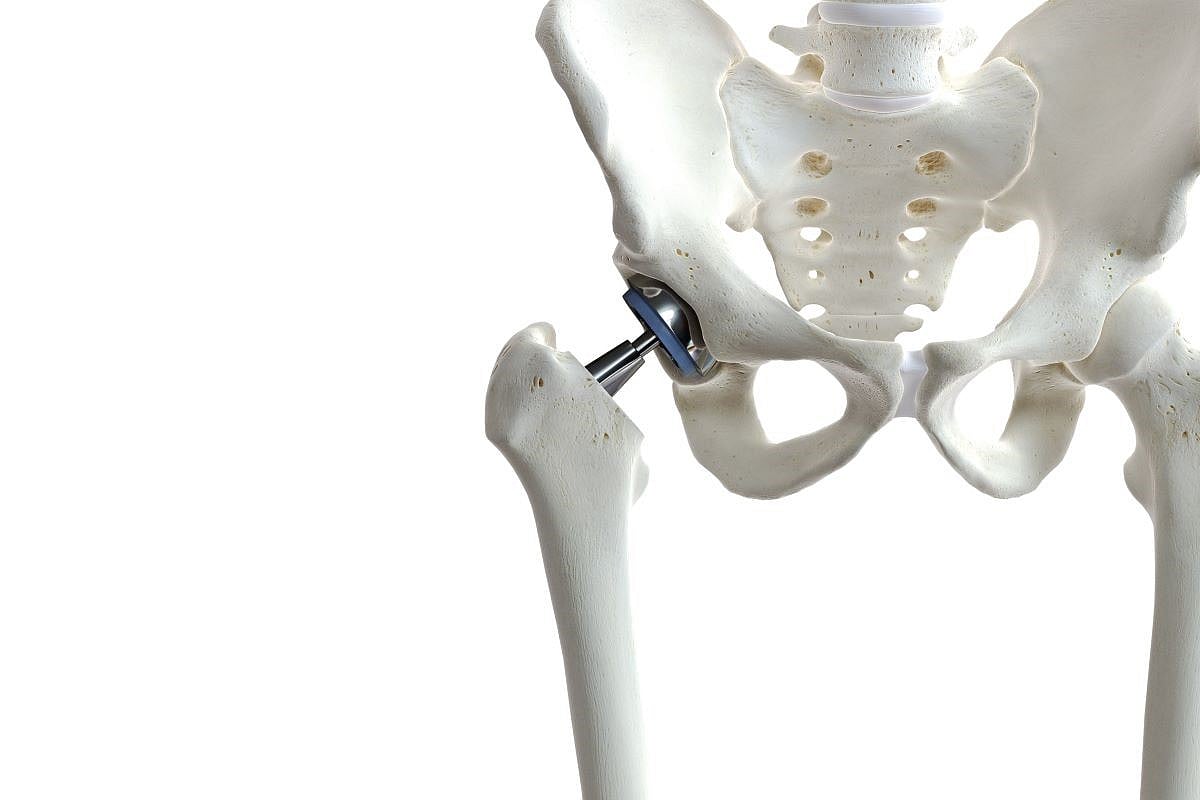(330) 876-1228
8507 Main StreetKinsman, OH 44428
(330) 876-1229

Folks are less likely to recover successfully from a total hip replacement if they have poor muscle quality going into the procedure, a small-scale study says.
Patients whose MRI scans revealed fatty hip muscle prior to surgery were more likely to perform poorly on movement tasks following hip replacement, researchers reported today in the Journal of Orthopedic Research.
“The findings from this study indicate that hip muscle quality may be an important predictor of post-operative biomechanical recovery following hip replacement,” senior researcher Jeannie Bailey, an associate professor of orthopedic surgery at the University of California-San Francisco, said in a news release.
“Muscle quality is often overlooked, and magnetic resonance imaging is needed to visualize muscle composition, which is not routinely collected for hip replacement patients,” she added.
Hip replacement can reduce pain and improve function in people with hip arthritis, but some patients continue to suffer long-term problems like muscle weakness, decreased mobility and increased fall risk following the procedure.
For the new study, researchers studied 10 people who underwent an MRI prior to their hip replacement.
People with fatty, flabby muscles in their hips had poorer movement following surgery, results show.
On the other hand, a person’s level of wear-and-tear arthritis did not have any association with their post-op performance, results show.
The results indicate that some hip replacement patients might benefit if they are prescribed muscle conditioning before their surgery, researchers explained in their paper.
“Future studies will seek to understand possible implications for poor hip muscle quality on long-term functional outcomes,” Bailey said.
More information
The National Institutes of Health has more on preparing for hip replacement surgery.
SOURCE: Wiley, news release, April 23, 2025
